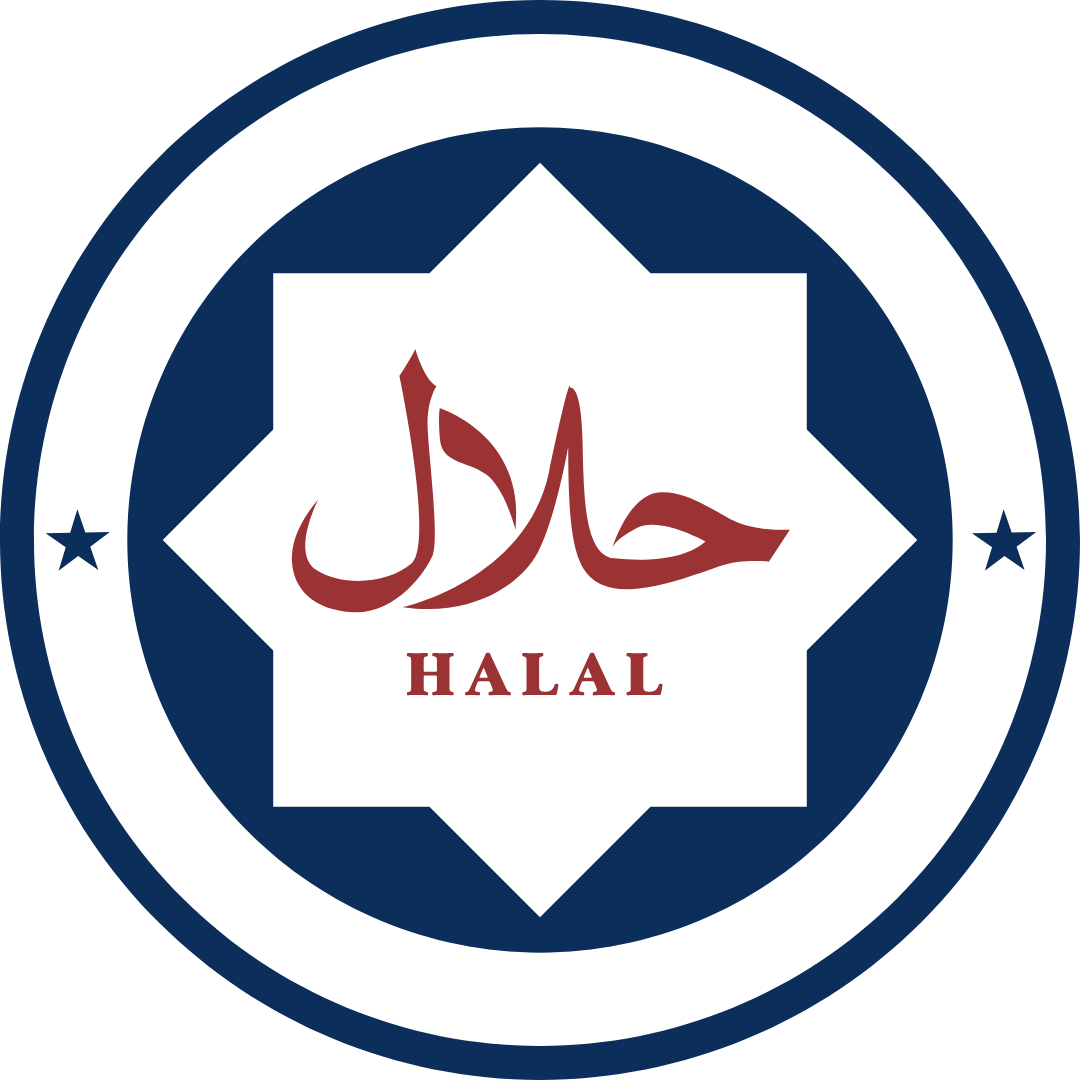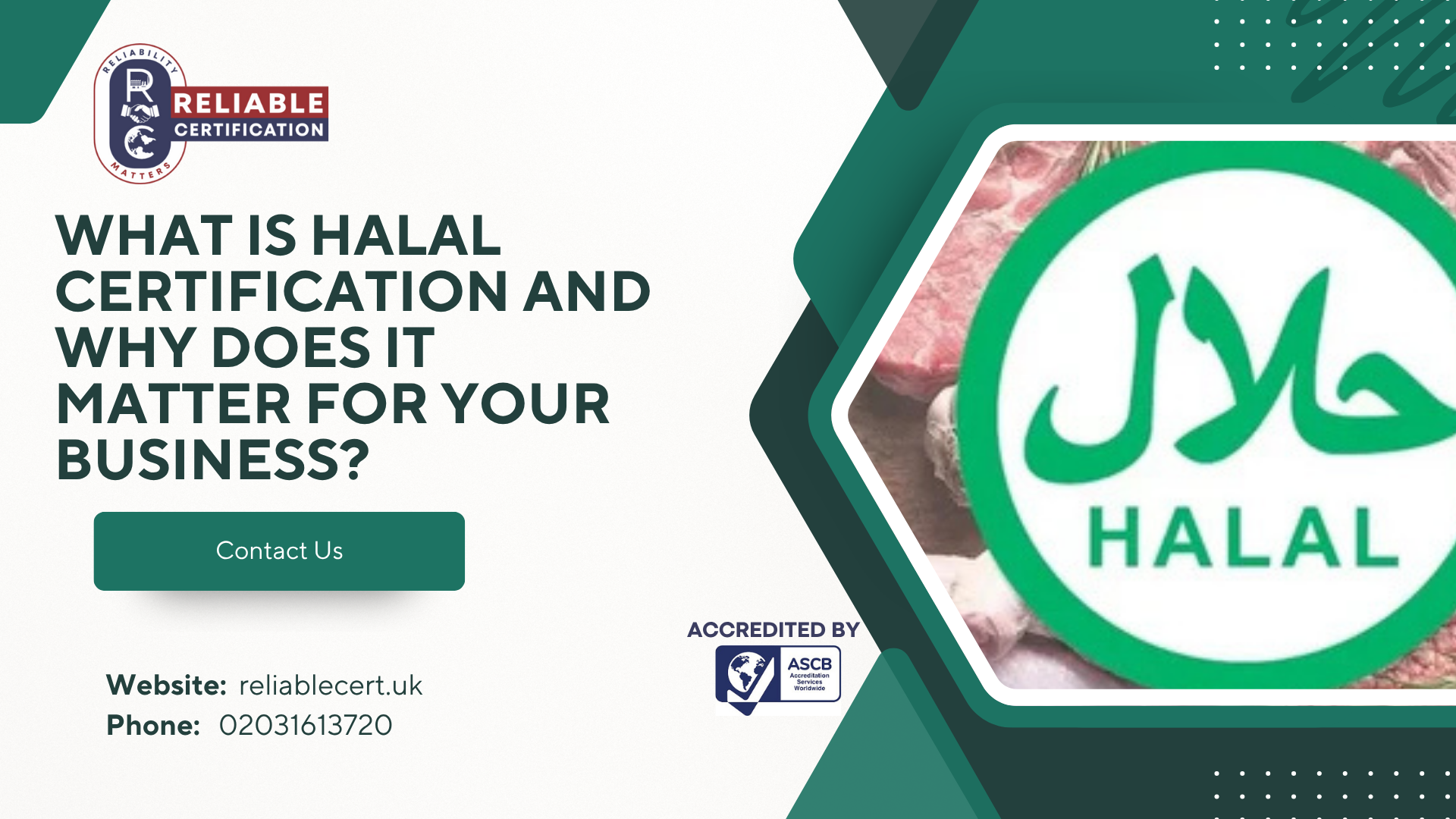Halal certification guarantees that procedures, products, and services satisfy Islamic dietary and lifestyle criteria. Along with encouraging adherence to HALAL criteria, this internationally known accreditation increases customer confidence and improves access to markets with a majority of muslims.
 HALAL
HALAL Certification
HALAL
HALAL Certification
By submitting your information, you are agreeing to our Terms & Conditions and our Privacy Policy.
Globally recognized, HALAL Certification guarantees adherence to Islamic values in products, services, and business practices. It covers food, beverages, cosmetics, drugs, and logistics, among other sectors. While different types of certification include manufacture, storage, and packaging, Halal Food Certification guarantees that food items are devoid of forbidden components, including pork and alcohol. Businesses hoping to enter areas with most Muslims and appeal to ethically conscious customers usually need this certification.
Every manufacturing stage is checked under the HALAL Certification to guarantee conformity to Islamic ethical criteria and nutritional guidelines. Companies often simplify this complex procedure by working with HALAL Certification Consultants. Whether it's HALAL Compliance Certification for specific items or thorough Islamic Product Certification, this acknowledgement guarantees your products are accepted and trusted.
HALAL Certification reassures Muslim consumers that the goods and services they utilize are devoid of any haram (prohibited) ingredients. This accreditation is crucial for building customer confidence and creating new company prospects in international markets. It also enables businesses to follow global HALAL compliance guidelines and match moral behavior.
Getting HALAL Certification for Products is a necessary first step for businesses manufacturing products providing services in Muslim-majority nations or serving the worldwide Muslim diaspora. It guarantees compliance and strengthens the brand's ethical and trustworthy image
Access to Global Muslim Markets: With HALAL certification, companies may use the growing global Muslim community of over 1.9 billion. This presents opportunities in Africa, Southeast Asia, and the Middle East.
Consumer Trust and Loyalty: Companies that prove adherence to HALAL criteria win the trust of Muslim consumers, building long-term loyalty and repeat business.
Competitive Edge in Diverse Markets: Halal Compliance Certified companies stand out in competitive industries because of their dedication to quality and diversity.
Ethical Brand Image: Aligning with Islamic values improves a companys ethical image and attracts customers who respect transparency and integrity.
Market Diversification: Halal Certification helps businesses widen their consumer base and boost income by serving Muslim and non-Muslim consumers looking for ethical products.
Adherence to International Standards: Certification guarantees adherence to worldwide HALAL standards, simplifies trade, and lowers obstacles in world markets.
Increased Export Opportunities: Businesses with HALAL Certification can readily export their goods to Muslim-majority nations with rigoros HALAL import criteria.
Enhanced Product Quality: The certification procedure guarantees that products satisfy both Islamic and general industrial criteria by using improved quality control.
Improved Business Relationships: Halal certification enhances relationships with distributors, stores, and suppliers that give HALAL-compliant products a top priority.
Prices to gain HALAL certification will vary based on the size and complexity of your business.
To receive your personalised quote, simply fill in your details in our form above.
Complete the form to receive your instant quote
Prefer to talk face-to-face? If you’d prefer a no-obligation video conference call, please call 0231613720
Ingredient Verification: Businesses must ensure that every ingredient and raw material they utilize for their products is HALAL-certified, so they avoid illegal drugs such as alcohol, pork, and derivatives.
Segregation Practices: HALAL certification calls for rigoros separation of HALAL and non-HALAL elements during manufacture, storage, and transportation to stop cross-contamination.
Process Audits: Companies must record and routinely check their manufacturing procedures to guarantee constant HALAL compliance.
Packaging Compliance: The packing materials used must satisfy HALAL Certification for Products and be free of haram compounds
Employee Training: Production workers must undergo thorough HALAL guidelines training to know and follow compliance rules.
Facility Inspection: To guarantee conformity to HALAL Compliance Certification criteria, certifying persons thoroughly investigate manufacturing, storage, and distribution facilities.
Detailed Documentation: Businesses must keep exact records of procurement, manufacturing, and distribution to demonstrate compliance with Islamic Product Certification criteria
Commitment to Transparency: To get HALAL certified, companies must be willing to demonstrate their procedures and ingredients through audits and inspectio
Ongoing Monitoring: Halal certification calls for regular audits and inspections to guarantee ongoing compliance. Therefore, firms must commit to upholding high standards over time.
With the help of Reliable Certification, the certification process can take as little as 45 days to complete
HALAL Certification is typically valid for one to three years. Regular audits and renewals are required to maintain certification status.
The cost varies based on factors like the size of the business, product complexity, and certifying body. Businesses should request quotes from certifying organizations for accurate estimates.
Yes, non-food products like cosmetics, pharmaceuticals, and even packaging materials can be HALAL-certified, provided they meet the required standards.
HALAL Certification is not mandatory unless required by specific countries or markets. However, it is highly recommended for businesses catering to Muslim consumers or exporting to regions with strict HALAL import regulations.
The timeline varies depending on the complexity of the product or service. It can take anywhere from a few weeks to several months, depending on the preparation and readiness of the business.
The process involves submitting an application, ingredient verification, facility inspection, compliance audits, and documentation review. Businesses often work with HALAL Certification Consultants to simplify this process.
HALAL Certification applies to food, beverages, cosmetics, pharmaceuticals, logistics, and even services like restaurants and catering. Any product or service consumed or used by Muslims may require certification.
It is essential for businesses targeting Muslim consumers or exporting to Muslim-majority countries. HALAL Certification builds trust, ensures compliance with Islamic laws, and opens opportunities in growing global markets.
HALAL Certification is an official acknowledgment that a product, service, or process complies with Islamic dietary laws and ethical guidelines. It ensures that goods meet the standards set for Muslim consumers.
 What Is HALAL Certification and Why Does It Matter for Your Business?
What Is HALAL Certification and Why Does It Matter for Your Business?
Learn what HALAL certification means, how to get certified, and why it helps your business grow, build trust, and reach more Muslim customers worldwide.
Typically replies within 30 minutes